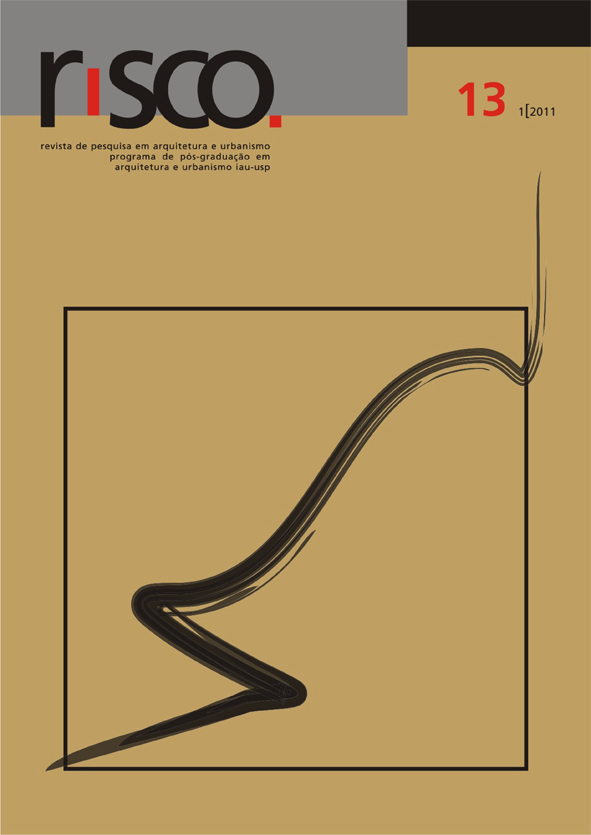The Brazilian and his I-car: an european sociological view on car-driving in a "land of the future"
DOI:
https://doi.org/10.11606/issn.1984-4506.v0i13p75-82Keywords:
transportation, auto-mobilism, modernist city planning, violence, brazilian cityAbstract
Urban transport is a quite uncommon topic for a sociological anlaysis - not only in Brasil. The issue is considered belonging to urban planning and not to sociology. With the establishment of modernist urban planning as the hegemonic model in the aftermath of World War II its airm was to guarantee a rapid individual fluxus based on the private property of a automobile. But aside of this functionalist aproach, transport is also a "fait sociale". Urban transport is constitutive for the urban public space - especially in Brasil. There is hardly any other place where we could watch social codes and conditions of the Brazilian society presented so obviously: the severe class distinctions and the quoditian violence. Whereas sociologists are referreing to violence mainly with respect to increasing numbers of weaponed assaults in Brazilian cities, this essay is focusing on forms of violence on a low level: the violence of car-drivers against weaker participants of Brazilian street transport like pedestrians, bicyclists and motor-bikers. Based on the methodology of the Visual Sociology (Gegner 2007) this research approach also integrates ethnographic methods in the traces of Claude Levi-Strauss (1955). The scientfic alienation of the researcher is backed by the cultural gap between European and Brazilian urban traditions. This allows to discuss habits and circumstance critically that are "normal" for most Brazilians and that are therefore not even questioned. So the Chicago School type of the "sociological eye" (Hughes 1971) is enforced by the "natural" alienation of the researcher. With these European eyes - accustomed to very different codes in the sociabilities of transport - Brazilian habits on the street seem be a permanent violation of human rights, e.g. the right of personal integrity and the right to live without fear for life. As urban transport is a dominant social space in the life of most Brazilians, it effects on the mental life of the individuals cannot be neglected. This essay stresses that agressiveness and counter-agression in transport is rather a symptom but not the cause, it is rooted into structural problems of the Brazilian society. The hypothetical explanation of this "low-level-violence" links it with modernist urban planning. As this has been implemented in Brasil in the most radical form its effect on the mentality of the urbanites is also most radical: Combined with the individual psychological constitution based on the deep class distinctions and the social inequality, the featured individals within modernist planning, car-drivers, show hardly any respect for "the other", they behave like "masters" on the roads.Downloads
Downloads
Published
Issue
Section
License
Autores que publicam nesta revista concordam com os seguintes termos:
a. Autores mantém os direitos autorais e concedem à revista o direito de primeira publicação, com o trabalho simultaneamente licenciado sob a Licença Creative Commons Attribution BY-NC-SA que permite o compartilhamento do trabalho com reconhecimento da autoria e publicação inicial nesta revista.
b. Autores têm autorização para assumir contratos adicionais separadamente, para distribuição não-exclusiva da versão do trabalho publicada nesta revista (ex.: publicar em repositório institucional ou como capítulo de livro), com reconhecimento de autoria e publicação inicial nesta revista.
c. Autores têm permissão e são estimulados a publicar e distribuir seu trabalho online (ex.: em repositórios institucionais ou na sua página pessoal) a qualquer ponto antes ou durante o processo editorial, já que isso pode gerar alterações produtivas, bem como aumentar o impacto e a citação do trabalho publicado (Veja O Efeito do Acesso Livre).

















